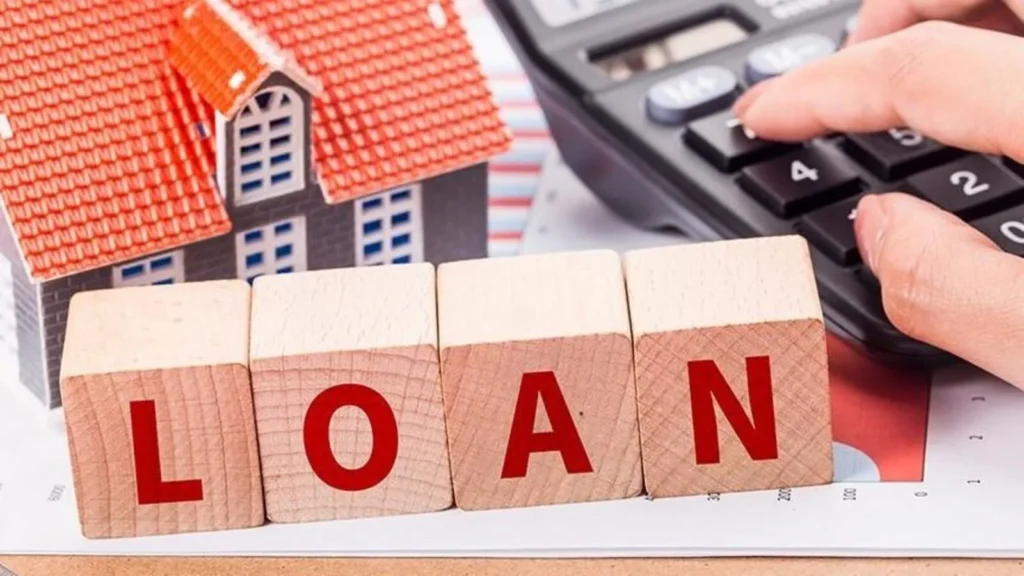
Joint Home Loans Gain Popularity Among Indian Couples, Offer Tax Perks and Shared Responsibility
April 10, 2025
Joint home loans are witnessing a surge in popularity across India, especially among young couples and nuclear families aiming to purchase or build their dream homes. This growing preference is driven by the multiple advantages such loans offer—ranging from enhanced loan eligibility to significant tax savings and a more balanced financial burden.
What Are Joint Home Loans?
A joint home loan is a borrowing arrangement where two or more individuals—commonly spouses—apply for a housing loan together. With both applicants responsible for repayment, these loans allow banks to consider their combined income, improving eligibility and chances of approval.
Why Homebuyers Are Opting for Joint Loans
Experts highlight several reasons behind the rising appeal of joint home loans:
- Higher Loan Eligibility: The combined income of both applicants increases the amount financial institutions are willing to lend, enabling borrowers to invest in more spacious or premium properties.
- Shared EMI Burden: Monthly repayments can be divided between co-applicants, easing financial pressure on individual borrowers and improving repayment capacity.
- Improved Approval Rates: Multiple income sources and stronger combined credit profiles make joint applications more attractive to lenders.
- Double Tax Benefits: Under Sections 80C and 24(b) of the Income Tax Act, both co-borrowers are eligible to claim deductions on the principal and interest components of the loan, effectively doubling the tax-saving potential.
- Interest Concessions for Women: Many banks offer reduced interest rates if a woman is the primary or co-applicant, making joint loans an even more attractive option for married couples.
The Flip Side: Risks and Limitations
Despite the advantages, financial advisors caution that joint home loans come with potential drawbacks:
- Equal Responsibility: Both co-borrowers are legally accountable for the entire loan. If one party fails to pay, the other must shoulder the full burden.
- Impact on Credit Scores: Any default or delay in EMI payments affects the credit scores of all applicants, which can hamper future loan opportunities.
- Limited Financial Flexibility: Having an active home loan may restrict the co-applicants’ ability to secure other loans, such as for education or medical emergencies.
- Risks During Life Changes: Unexpected job loss or economic instability can make repayments challenging. In cases of separation or divorce, joint loans can lead to legal and financial complications.
Before You Apply: Key Recommendations
Prospective borrowers are advised to:
- Review the loan agreement carefully and understand all clauses.
- Consult financial and legal advisors to evaluate the long-term implications.
- Ensure thorough documentation, including clear ownership and EMI contribution structures.
Current Home Loan Interest Rates (As of April 9, 2025)
- State Bank of India (SBI): Starting at 8.25% per annum
- HDFC Bank: Starting at 8.70% per annum
Note: These rates are indicative and subject to change. Applicants should confirm with respective lenders before proceeding.
As more Indian households explore smarter financial strategies for homeownership, joint home loans present a compelling option—provided the responsibilities are fully understood and managed wisely.








